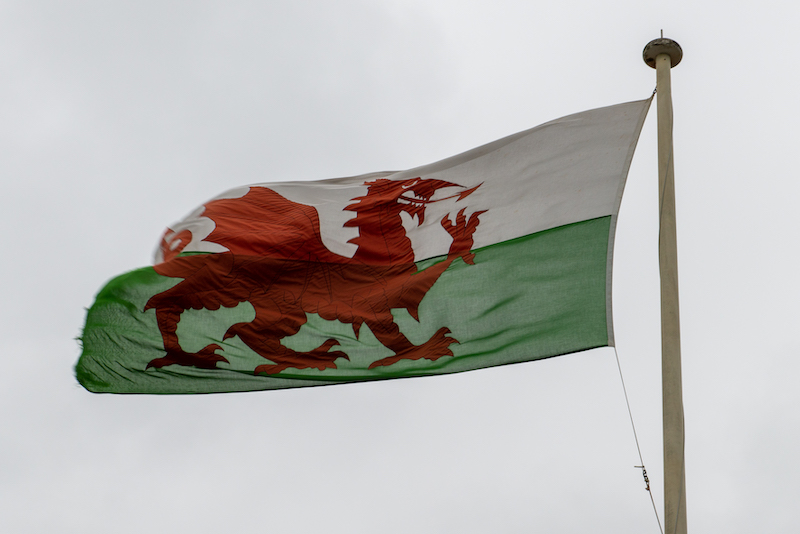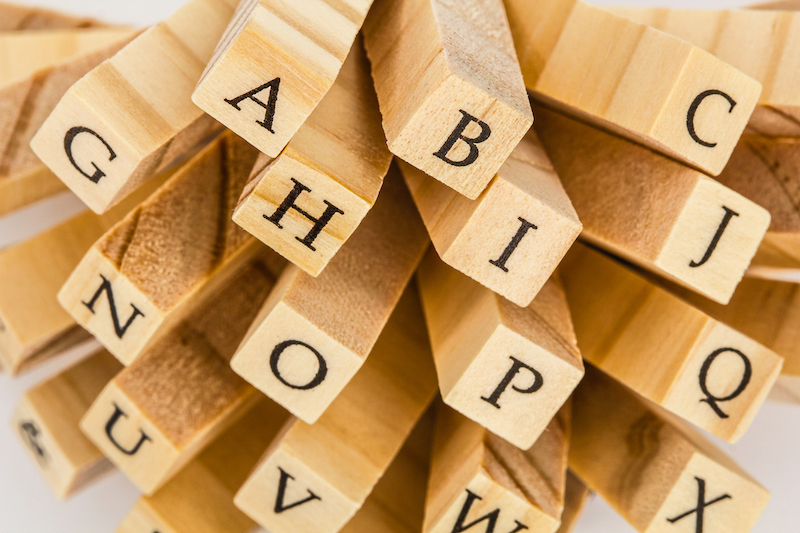Are you ready to dive into the enchanting world of the Welsh language? Here we explore ten intriguing facts about Welsh that you may not have known. Join us on a journey to discover the distinctive features and cultural significance of Welsh, a language that embodies the spirit of Wales!
Wales has one of the longest town names in the world
Can you believe that there’s a town on the isle of Anglesey in north Wales called Llanfairpwllgwyngyllgogerychwyrndrobwllllantysiliogogogoch? The name has a total of 58 letters, and even native Welsh language speakers have some trouble in pronouncing it at times!

Welsh is one of the oldest languages in Europe
It evolved from the Celtic language, Brythonic, the main language spoken in Wales, England and Southern Scotland when the Romans invaded. It’s believed that the Welsh language became its own sometime between 400 and 700 AD, as there is evidence of early Welsh poetry from this time period. Since then, it has continued to evolve into what we have today.

Wales has some of the oldest literature in Europe
Apart from Latin and Greek, the Welsh language has the oldest literature in Europe. As stated above there are plenty of evidence of early Welsh poets. This first group of Welsh writers were known as Y Cynfeirdd – The Early Poets and included such famous influential figures such as Taliesin and Aneirin.
Wales isn’t the only place you’ll find Welsh speakers!
Welsh is spoken in other parts of the world, such as Patagonia, all the way down in South America! You may not know that a small group of Welsh people travelled all the way across the Atlantic to establish a colony in Patagonia over 150 years ago. After all those years, there’s still a community of Welsh speakers there today, with Welsh/Spanish schools and even traditional Welsh cafes. They also hold annual ‘Eisteddfodau’ as we do here in Wales. A home from home for sure.

Welsh has influenced the English language
As stated above, Welsh is one of the oldest languages in Europe, so it’s not a surprise that the English language has been influenced in some ways. Here are a few examples from the Daily Post:
Dad – almost certainly comes from the Welsh equivalent tad.
Corgi, the famous dog breed, is believed to come from the Welsh word cor meaning dwarf and ‘gi’ which is Welsh for a dog.
Avon – Both rivers in England as well as the West English county of Avon are named after the Welsh word afon which means river.

Welsh is a phonetic language
If you compare the alphabet with the English alphabet, every letter of the alphabet has a sound. Once you know the rules, you can learn to read and pronounce different words correctly.
Reaching new heights on Duolingo
According to a new report, 3 million people have learnt Welsh on Duolingo. But if that wasn’t enough “App data showed Welsh grew 38% in 2023 compared with last year when it grew by 26%.” This is brilliant news for the Welsh Government who are hoping to hit their target of a million speakers by 2050!
The Welsh alphabet has unique letters
The letter ‘j’ was officially added to the Welsh alphabet in 1987. Examples of the letter ‘j’ is ‘garej’ for ‘garage’, ‘jîns’ for ‘jeans’ and ‘jwg’ for ‘jug’. As you can see, all of these words have been borrowed from the English language. You also have some other distinct letters in the Welsh alphabet such as ‘ch’, ‘dd’ , ‘ph’ , ‘ll’ and ‘th’.

Welsh contains “mutations”
Unlike English, Welsh has three types of mutations – the soft mutation, the nasal mutation and the aspirate mutation. They can differ the beginning of Welsh words, depending on the word that comes after it or how it’s used in a sentence. Read this article if you’d like to learn more about these mutations.
Welsh was influenced by Latin
The Welsh language has some Latin influence. As it states on Parallel Cymru, “Welsh has borrowed many words from Latin over the centuries. The first group of words were those which belonged to military life and customs such as: castell (castle), ffos (ditch/trench/moat), llafn (blade), mur (wall), pebyll (tents), saeth (arrow).” For a further in-depth list, click on the link!

